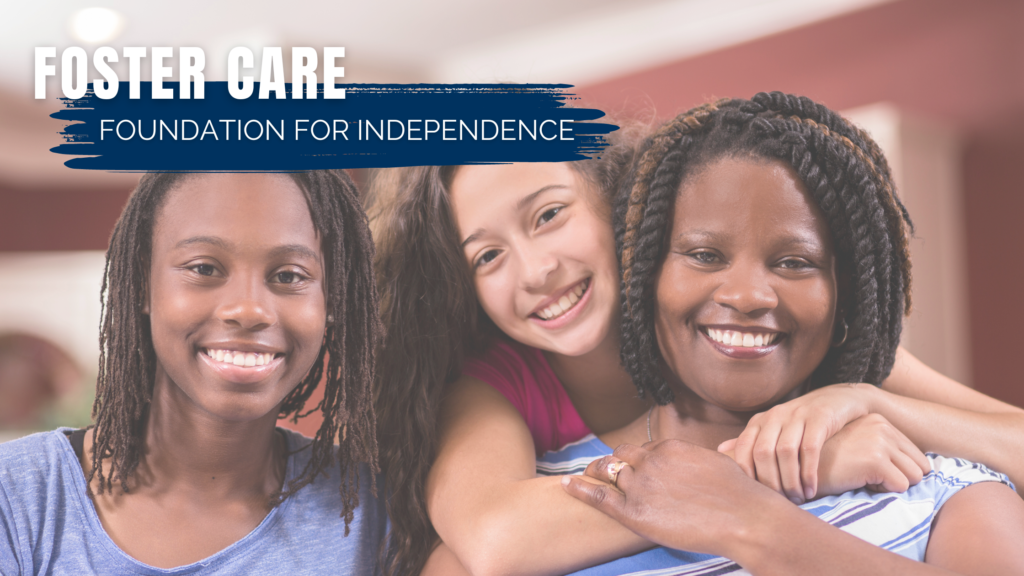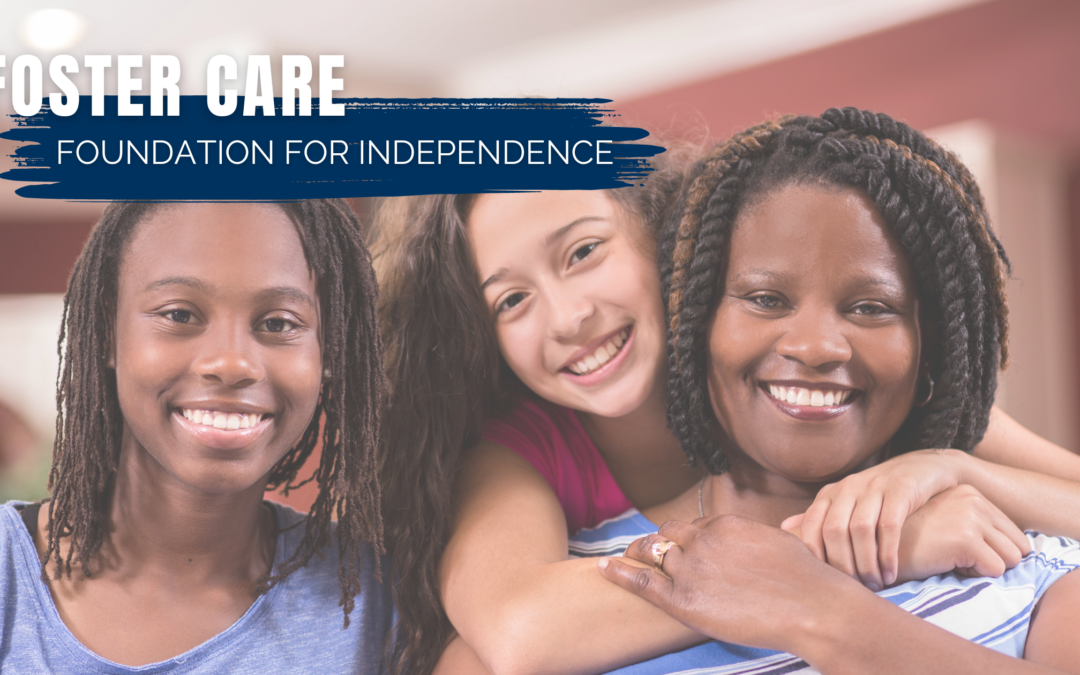
As we explained earlier this month, foster care is a short-term arrangement while permanent solutions are developed for the well-being of a child. But what if you are no longer a child while living in this short term arrangement? What does it mean to ‘age out’ of foster care?
When a teen turns 18, they legally become an adult. But we all know that most 18 year-olds are not ready for true independence! When children raised in stable homes turn 18, they are often still living with their families. They most often remain living with their family, have financial support, and education or employment guidance. If that’s not the case, they at least have the option to return home for help.
In Virginia, the “safety net” for teens aging out of foster care is the Fostering Futures program. This is a voluntary program that foster youth aged 18-21 can join to receive assistance with things like housing, education, and job training. These are important supports. However, depending on the situation, these supports may not fully aid a young adult for successful independent living. In addition to, or in correlation with, these helps, our friends at Fostering Acadia have outlined eight key items that they feel young adults truly need as a foundation for future success. The keystones are:
- High school diploma
- Reliable transportation
- Good credit score
- Possession of vital records
- Secure employment
- Savings account
- Stable housing
- Supportive adults
But even this full list doesn’t always offer a soft place to land!
We love when the youth served by Henrico CASA choose to stay in touch with their advocates. They call with life updates, ask for quick advice, or share wins. That’s the good stuff… and we’re so glad that the advocate relationship can transcend “aging out.”








